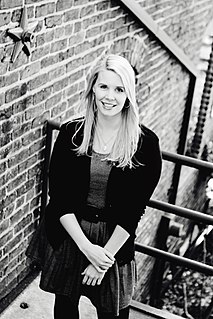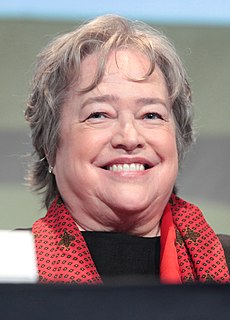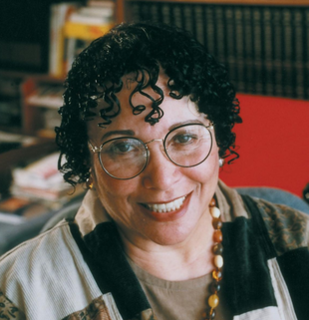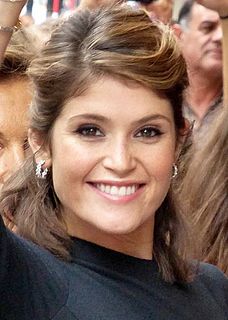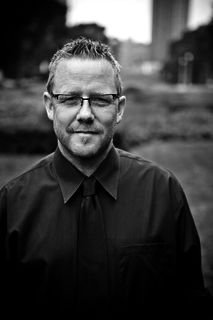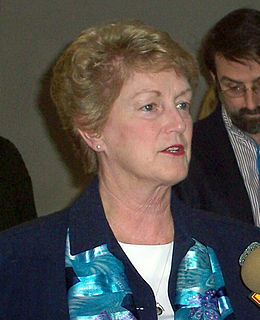A Quote by Jackson Pearce
I like libraries. It's a comfort that knowledge can be save for so long. That what we learn can be passed on.
Related Quotes
We like to say the Internet is the ultimate library. But libraries are libraries because people come together and fund them through taxes. Libraries actually exist, all over the country, so why is it such a reach to imagine and to someday build a public institution that has a digital aspect to it? Of course the problem is that libraries and other public services are being defunded and are under attack, so there's a bigger progressive struggle this plays into.
Before Christianity became the Roman Empire's official religion in the 4th Century, 'mystery religions,' organized around a central canon of secret knowledge, were widespread. Membership in such religions was limited to people who had passed through secret initiation rituals and had begun to learn a body of hidden knowledge.
Opportunism towards knowledge is a utilitarian demand that knowledge must be immediately practical. Just like with sociology where we hope its purpose is to serve society, however, the true purpose of sociology lies in its impracticality. It cannot become practical or else it loses its meaning. Perhaps we should learn a different kind of knowledge: the knowledge to question knowledge.
One potential long-term problem with many current digital libraries is that they grew out of and aresupported by bricks-and-mortar libraries. Although there is nothing inherently wrong with that arrangement, inreality it creates a potentially dangerous situation that I call "the other digital divide."
One of the greatest gifts science has brought to the world is continuing elimination of the supernatural, and it was a lesson that my father passed on to me, that knowledge liberates mankind from superstition. We can live our lives without the constant fear that we have offended this or that deity who must be placated by incantation or sacrifice, or that we are at the mercy of devils or the Fates. With increasing knowledge, the intellectual darkness that surrounds us is illuminated and we learn more of the beauty and wonder of the natural world.
For myself, I am interested in science and in philosophy only because I want to learn something about the riddle of the world in which we live, and the riddle of man's knowledge of that world. And I believe that only a revival of interest in these riddles can save the sciences and philosophy from an obscurantist faith in the expert's special skill and in his personal knowledge and authority.
